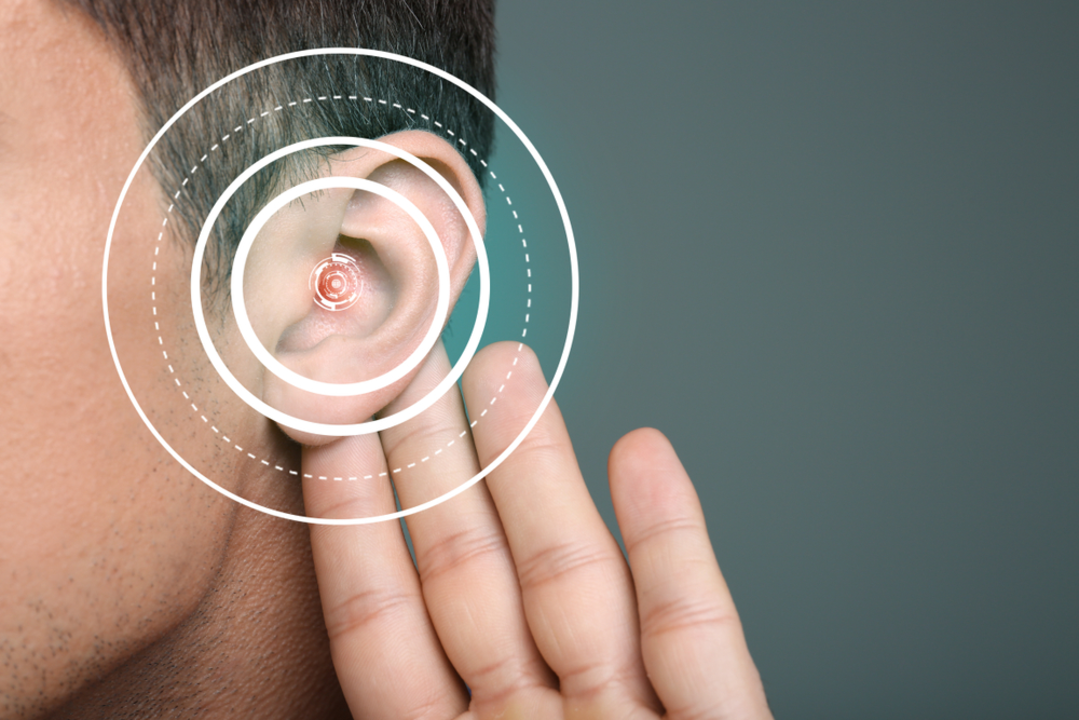Hearing Loss Explained – What It Is and How to Deal With It
If you’ve noticed conversations getting muffled or the TV volume creeping up, you might be facing hearing loss. It’s not just an old‑person problem; many people experience it at different ages for different reasons. This guide breaks down why your ears stop catching sound, what signs to watch for, and simple actions that can help you hear better.
Why Does Hearing Loss Happen?
There are three main culprits:
- Age‑related wear: Over years, tiny hair cells inside the inner ear naturally decline. This is called presbycusis and shows up as a gradual drop in high‑frequency sounds.
- Loud noise exposure: Concerts, construction sites or even earbuds at max volume can damage those same hair cells quickly. One loud burst can cause permanent loss.
- Medical issues: Infections, earwax buildup, certain medications (like high‑dose antibiotics) and conditions such as diabetes or hypertension can affect hearing.
The good news is most of these factors are preventable or manageable once you know them.
How to Spot Hearing Loss Early
Catch it early, and you’ll have more options. Look out for:
- Needing the TV louder than before.
- Difficulty following conversations in noisy places.
- The “ringing” feeling (tinnitus) that often accompanies hearing loss.
- A sensation that people are mumbling, even when they’re not.
If any of these sound familiar, schedule a quick hearing test. It’s painless and usually costs less than a coffee habit.
Simple Steps to Protect & Improve Your Hearing
1. Turn down the volume. Keep music below 60% of max and limit earbuds to 30 minutes at a time.
2. Use ear protection. Plug‑ins or earmuffs work wonders on construction sites, concerts, or when using power tools.
3. Keep ears clean safely. Avoid cotton swabs; instead rinse with warm water or see a professional for wax removal.
4. Check medication side effects. Ask your doctor if any prescriptions could affect hearing and whether alternatives exist.
5. Try a hearing aid early. Modern devices are small, wireless, and often covered by insurance. They can restore clarity without surgery.
Living with hearing loss doesn’t mean you have to miss out. Simple habits, timely tests, and the right tech keep conversations clear and life enjoyable.
The potential link between acetaminophen and hearing loss
I recently came across a study discussing the potential link between acetaminophen use and hearing loss. It appears that frequent and long-term use of this common pain reliever could potentially increase the risk of hearing problems. Researchers believe that the drug may reduce blood flow to the inner ear, causing damage over time. This information is crucial for those who regularly rely on acetaminophen for pain management. Further research is needed, but it's essential to be aware of the potential risks associated with this widely-used medication.
learn more